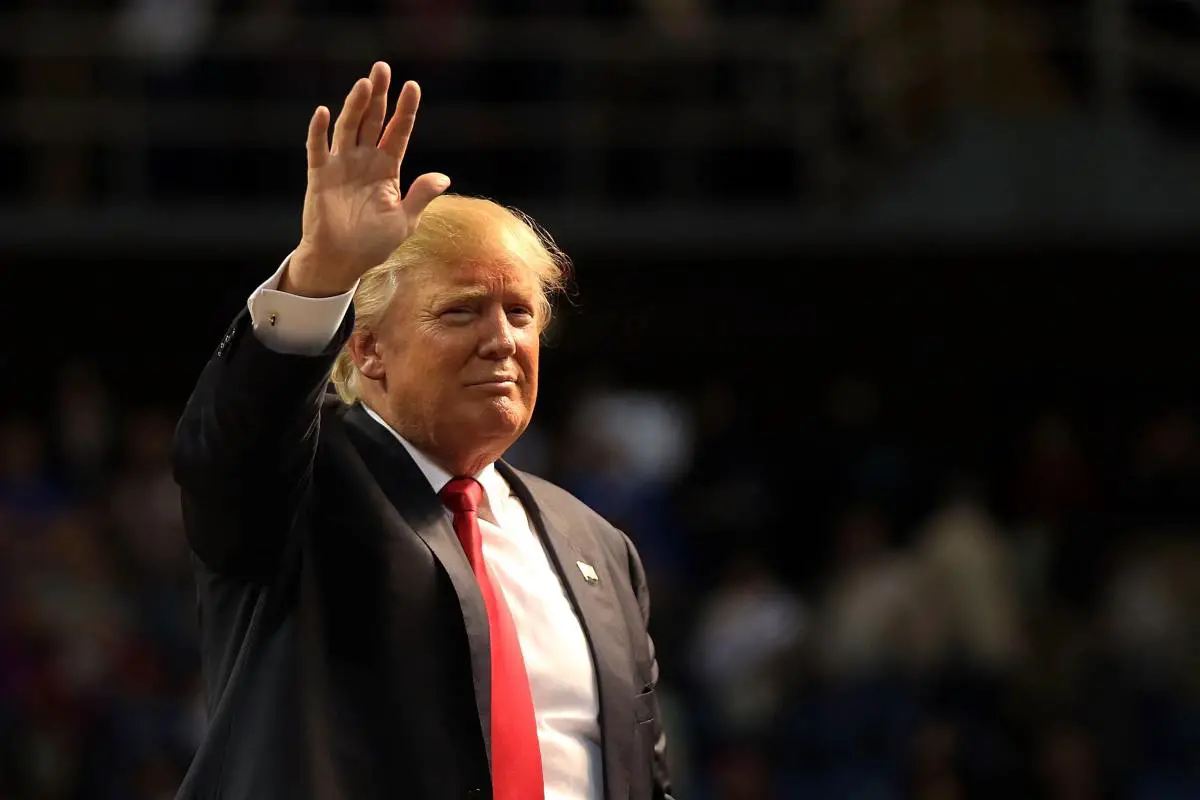It’s that time of year again; the time when many Americans must look at the current and predicted candidates who will run for the presidency. For the Democratic Party, Joe Biden appears to be an easy lock for the nomination, despite his overwhelming unpopularity. As for the Republican Party, the choice is not as simple. Even though Joe Biden currently appears an easy target to beat, his reelection chances all rest on the actions of one individual: Donald Trump.
In his historic victory in 2016, Trump was able to unite the Republican Party despite holding no previous political offices, while simultaneously projecting a brash, bold, and unpredictable character that didn’t use a filter to address the American people. Love him or hate him, Trump was able to unite the party against establishment Democrats and project himself as a representative of the common people reminiscent of Andrew Jackson, an originator of the Democratic Party. Unfortunately for Trump, he was not able to keep his momentum going.
Trump suffered losses in the 2018 mid-term elections, an infamous loss against Joe Biden in his bid for re-election in 2020, and losses in the 2022 mid-term elections where his endorsement did not deliver the expected victories. However, this has not deterred Trump from announcing his candidacy for the 2024 Presidential election. Claiming his large base of die-hard supporters, combined with his recently unfolding legal issues, Donald Trump is certain that he will undoubtedly be the Republican nominee. The real question is, what will he do if he isn’t?
As the election season enters its first stage, candidates such as Nikki Haley and Asa Hutchinson have declared their campaigns for the Republican nomination, and with other candidates predicted to enter the race like Chris Christie and Ron DeSantis, Trump will find himself needing to once again battle and debate more mainline Republicans in order to secure the party’s nomination. Even with the highest polling numbers of all potential candidates, declared or presumed, there is still a chance he will not end up the frontrunner. This would leave Trump with two main options: concede and endorse the nominee who wins, or use his support to run an independent, ego-sized campaign reminiscent of Teddy Roosevelt.
The decision made here is the make-or-break move that would likely predict the next president of the United States. Trump could very well win the nomination as he did back in 2016, but he still would have to bridge the growing divide between his avid supporters and more moderate Republicans. If it becomes clear that he won’t be the nominee, it is very likely, given Trump’s personality and previous statements, that he might not support the Republican nominee and instead decide to run a third-party, “Bull Moose” campaign.
Famously, in 2016, Trump refused to rule out a third-party run and refused to pledge his support for an eventual nominee that wasn’t him:
Would he do the same in 2024? The decision would inevitably split the Republican votes between moderates and MAGA supporters which would prove fatal, resulting in a Joe Biden reelection. To prevent this, Trump needs to rally and capture that same energy he brought to the table in 2016 that ultimately united the party, if the Republican Party hopes to defeat Joe Biden in 2024.
Trump’s failure to do so risks ushering in another four years of vulnerable division and volatile frustration within his party.
Donate Now to Support Election Central
- Help defend independent journalism
- Directly support this website and our efforts
